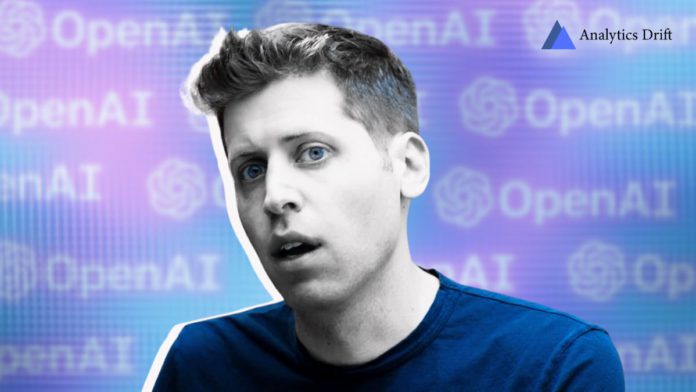In a growing legal battle, more authors have joined the fray by suing OpenAI for copyright infringement. They are aligning with fellow writers in their pursuit of legal action against generative AI companies, which have been utilizing their literary works to train AI models.
The Authors Guild, along with 17 prominent authors such as Jonathan Franzen, John Grisham, George R.R. Martin, and Jodi Picoult, recently filed a lawsuit in the Southern District of New York. The plaintiffs are seeking to have their filing designated as a class action.
The lawsuit alleges that OpenAI engaged in the wholesale copying of the plaintiffs’ works without obtaining proper permission or providing compensation. OpenAI then incorporated these copyrighted materials into their extensive language models.
Read More: Another Group of Writers Sues OpenAI over Copyright Infringement
The complaint emphasizes the significance of the authors’ creative endeavors as their source of livelihood. It contends that OpenAI’s Language Models pose a direct threat to fiction writers’ income, as these LLMs enable the automatic and cost-free generation of text that would otherwise require payment to writers for their creation.
Moreover, the authors express concern that OpenAI’s LLMs may give rise to derivative works that imitate, condense, summarize, or rephrase their books, potentially impacting their market and income. The lawsuit also criticizes OpenAI for its choice to utilize copyrighted material without compensating authors, arguing that the company could have employed works in the public domain as an alternative.
This lawsuit is the most recent in a series of legal actions taken by renowned authors against OpenAI, alleging copyright infringement. Recently, Michael Chabon, the author of “The Amazing Adventures of Kavalier and Clay,” and others pursued legal action against the company for using their books to train GPT. Similarly, Paul Tremblay and Mona Awad lodged their complaint in June.


